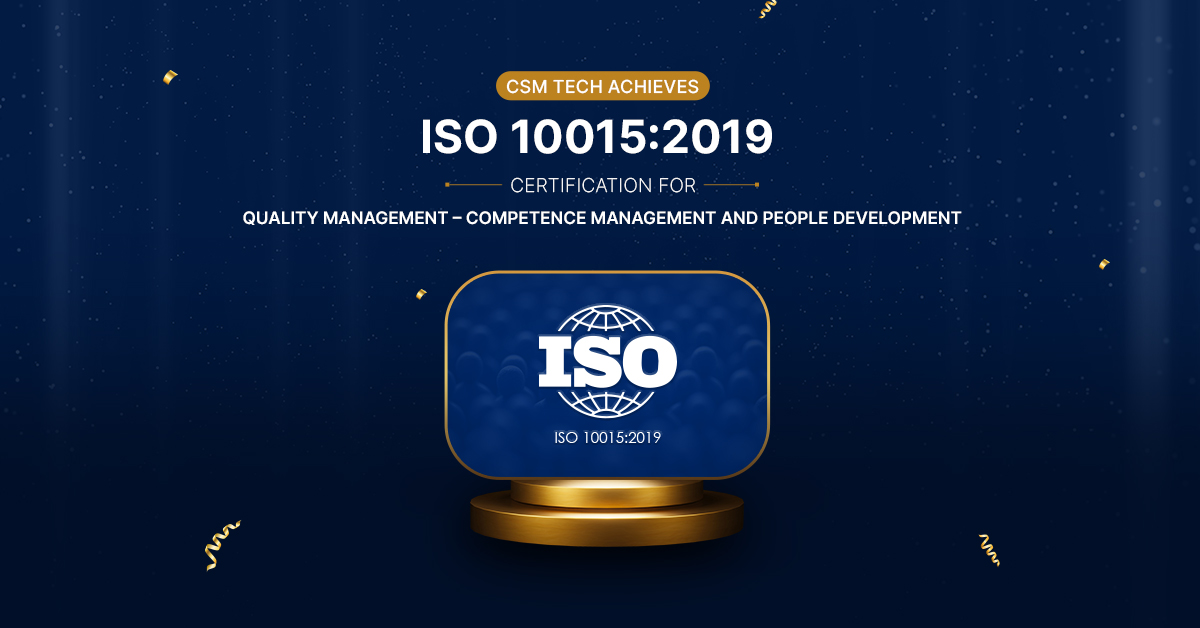.jpg)
Has the adoption of AI applications gained pace in government processes and workflows? The predictable answer is that government entities continue to be laggards in embracing this cutting-edge technology compared to their private sector counterparts. But there are pockets within any government where AI technology is permeating faster. Today, integrating AI into government operations is no longer a futuristic concept; it's a necessity.
The Promise of AI in Government
The adoption of AI in government has been largely a slow run rather than a sprint. While some pioneering government agencies have dipped their toes into the AI waters, many are still learning how to swim. However, governments have realized that AI can revolutionize how they optimize their operations and serve the people.
For example, take Singapore's 'Ask Jamie' virtual assistant. Citizens and businesses can use it to navigate government services across dozens of agencies, a glimpse at how AI can transform the public sector. Many countries in the Gulf Cooperation Council (GCC) - Bahrain, Kuwait, Oman, Qatar, Saudi Arabia, and UAE are betting on AI technology to diversify their economies from oil and gas.
.jpg)
Overcoming Barriers to AI Adoption
Governments face a raft of barriers when it comes to adopting AI:
Lack of Specialized Talent: Governments often need help attracting and retaining AI professionals because AI requires expertise. They must invest in training and development programs to nurture local talent.
Regulatory Complexity: The ethical, secure, transparent, and human-centric application of AI can be challenging. There should be a proactive effort by governments to create and enforce transparent, ethical AI regulations.
Privacy and Security Concerns: It is imperative to protect citizens' data and to ensure the security of AI systems. AI models must be thoroughly protected from cybersecurity vulnerabilities while adhering to local and global data privacy regulations.
Fairness and Transparency: The consequences of bias in AI systems can be far-reaching. Governments must ensure that their AI models are fair, unbiased, and transparent. For example, AI-based facial recognition systems should not be used to identify suspects based on their race or gender, as this could lead to discriminatory outcomes.
Safety and Performance: Rigorous testing is necessary to ensure AI models deliver desired safety and performance consistently.
Third-Party Risks: Government agencies must adhere to risk mitigation and governance standards when working with vendors and partners.
Initiatives for Accelerating AI Adoption
Governments can take a host of initiatives to harness the potential of AI fully:
Creating a Vibrant AI Ecosystem: The government must focus on AI regulations, a skilled workforce, research and innovation, funding, and robust data infrastructure to make such an ecosystem.
Launching National-Level AI Programs: Governments can launch transformative AI programs aligned with their strengths and priorities. The programs should focus on sectors with a significant economic impact and improve citizen services.
Establishing AI Authorities: Governments can establish centralized AI authorities, following the example of Saudi Arabia, Singapore, the UAE, and the United Kingdom. The authorities are responsible for overseeing AI adoption, mobilizing the ecosystem, and driving the national AI agenda.
The future – AI for responsive innovation
Accelerating AI adoption in government has the potential to drive innovation, efficiency, and citizen-centric services. As governments overcome barriers, develop strategic frameworks, build a qualified workforce, and ensure the ethical use of AI, they can unleash its transformative potential. Policymakers and stakeholders must collaborate and seize AI's opportunities as more success stories emerge and future trends shape the landscape of AI in government. AI can transform government operations and create a more responsive and advanced public sector when implemented responsibly and strategically. AI is like a powerful engine; with the right fuel, knowledge, and engine maintenance, it can provide remarkable results, but if neglected, it can quickly become a liability.










































We will verify and publish your comment soon.